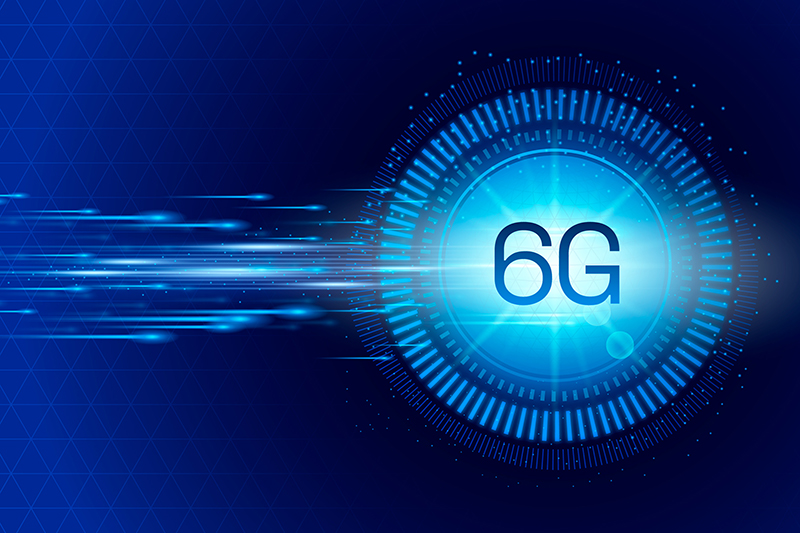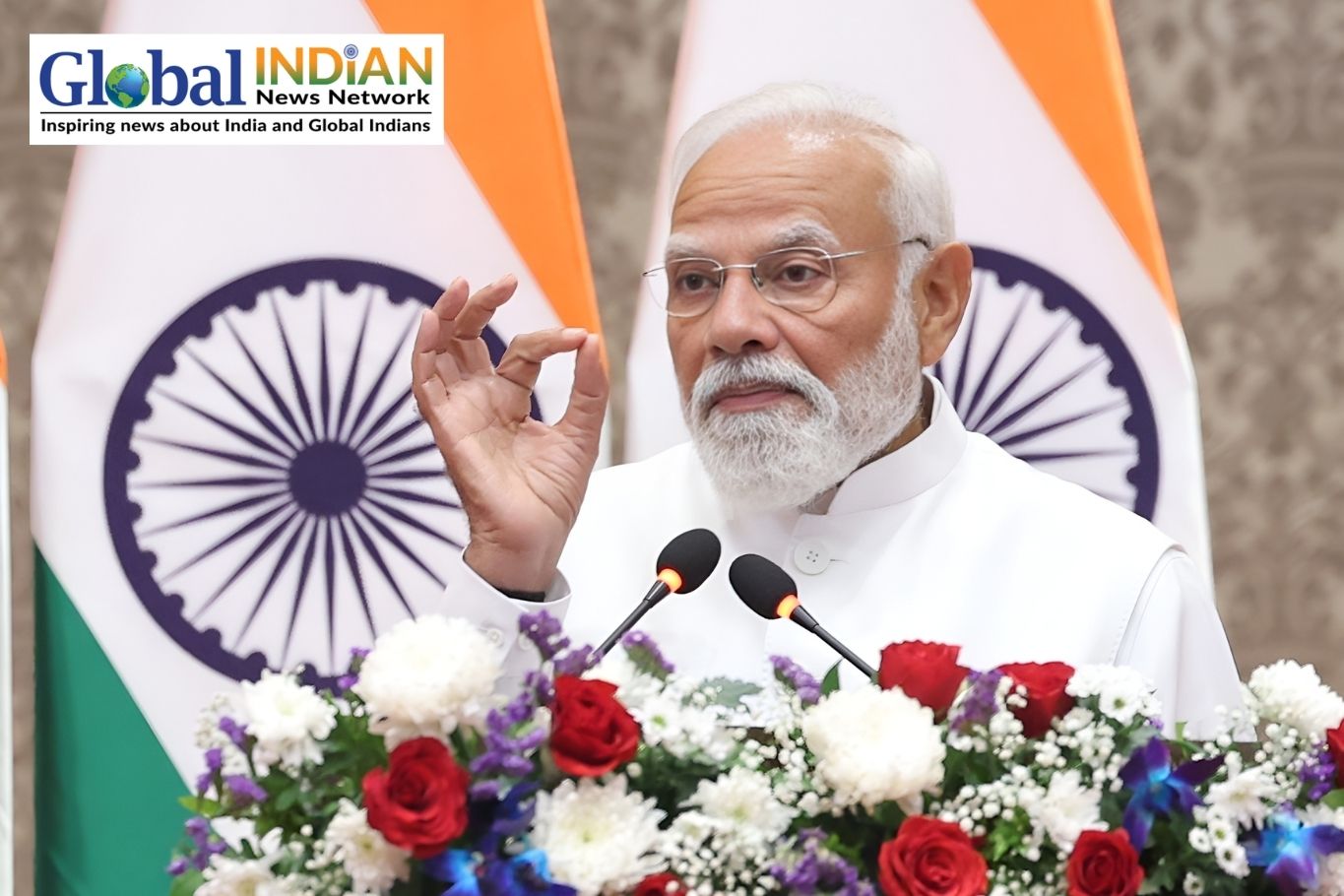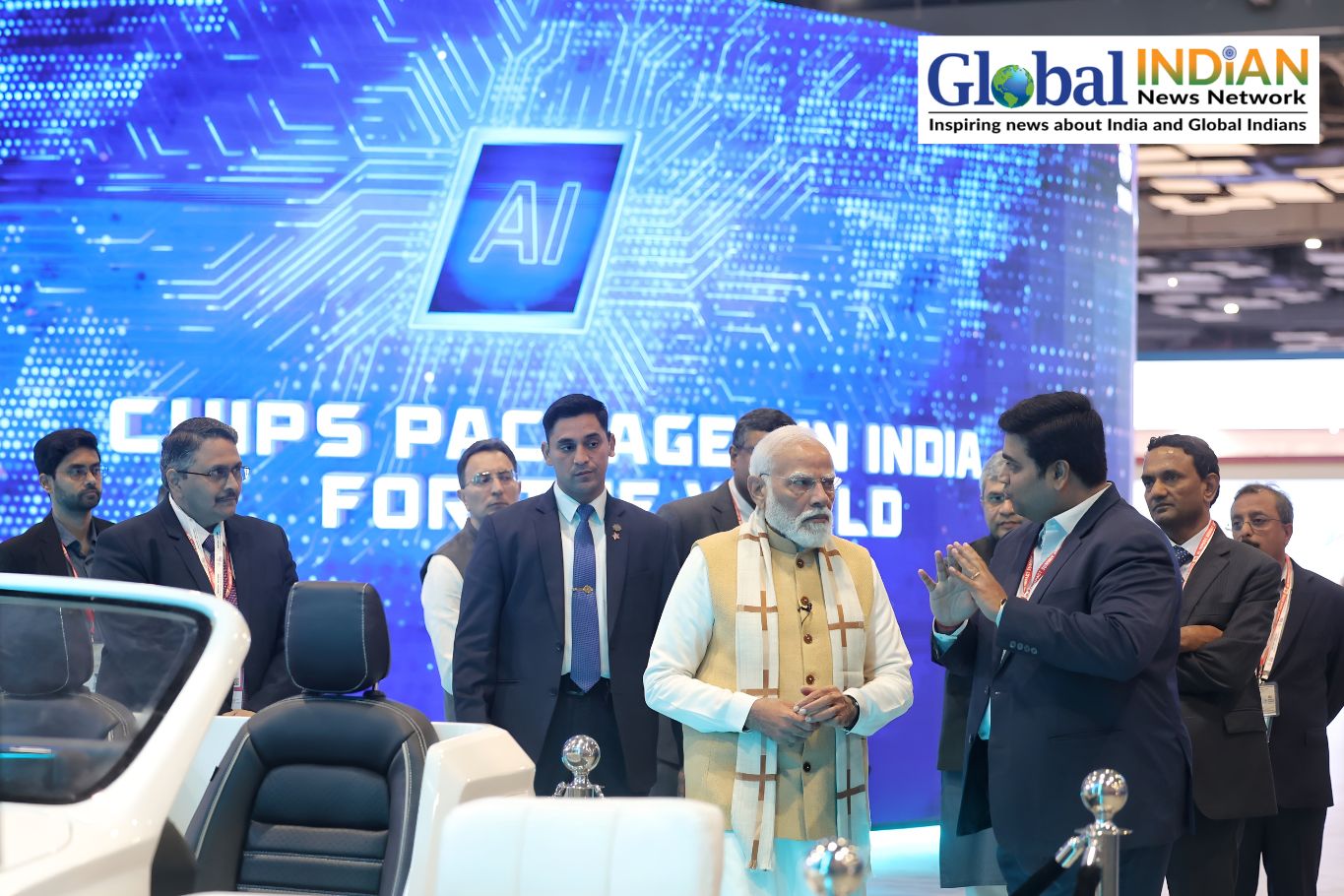 India has positioned itself among the top six countries globally in terms of 6G patent filings. Prime Minister Narendra Modi has set a vision for the nation to be a leading contributor to the design, development, and deployment of 6G technology by the year 2030.
India has positioned itself among the top six countries globally in terms of 6G patent filings. Prime Minister Narendra Modi has set a vision for the nation to be a leading contributor to the design, development, and deployment of 6G technology by the year 2030.
As part of the ‘Bharat 6G Vision,’ the Indian government is currently reviewing 470 proposals aimed at accelerating research within the 6G ecosystem. The Department of Telecommunications (DoT) has invested in two advanced testbeds to promote research in this area.
A government panel predicts that India could secure a 10% share of all 6G patents and contribute one-sixth of global standards within the next three years. The nation has initiated several programs, including the ‘Bharat 6G Vision’ and ‘Bharat 6G Alliance,’ as well as a framework to support patents and intellectual property rights, alongside the establishment of testbeds. Industry experts believe that for India to emerge as a leader in deep technology, it is essential to enhance both wireline and intelligent wireless broadband networks to ensure reliable connectivity.
Moreover, the World Telecom Standardisation Assembly (WTSA2024), which will gather telecom leaders, experts, and academics from over 190 countries, is taking place in India from October 14 to 24. This marks the first time in the 150-year history of the International Telecommunication Union (ITU) that the assembly is held in the national capital. The DoT views hosting WTSA 2024 as a significant opportunity for India to shape the global telecom agenda, particularly with advancements in 6G technology on the horizon. To facilitate this, the DoT has initiated the WTSA 2024 Outreach Sessions.
These sessions, scheduled in Delhi, Hyderabad, and Bengaluru, aim to create a unique platform for students to learn from and interact with industry experts, encouraging meaningful discussions and knowledge sharing.









